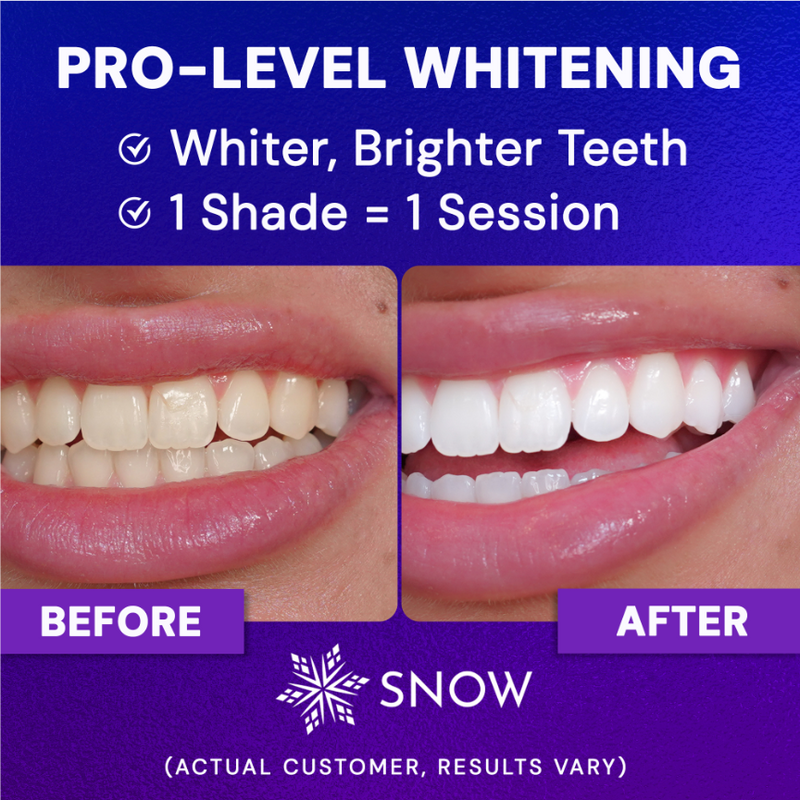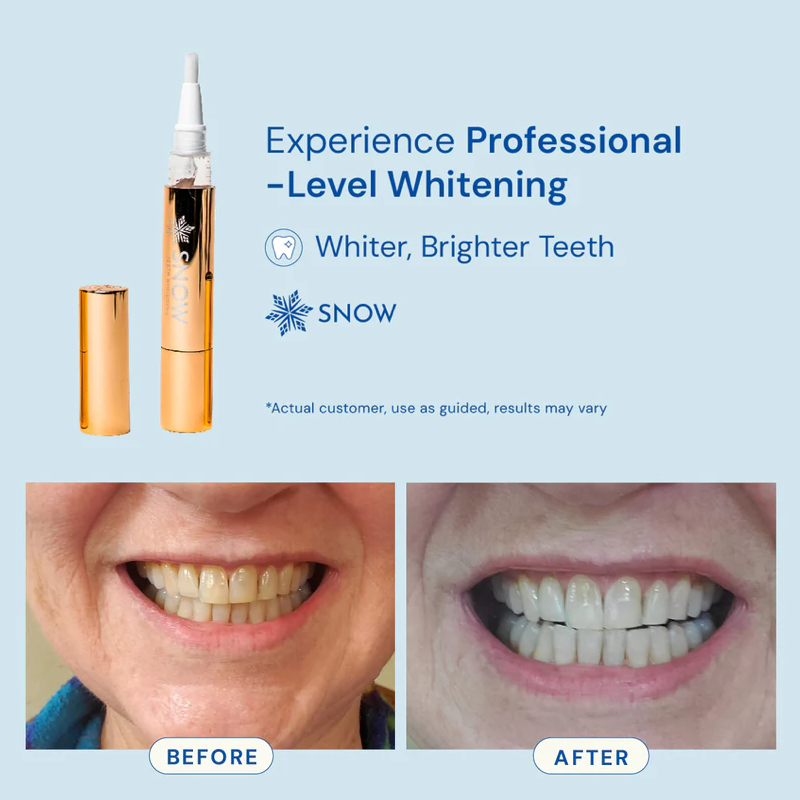Developing oral thrush, sometimes called oral candidiasis or oropharyngeal candidiasis, is a disorder in which the throat culture fungus called candida albicans collects on the lining of your mouth. Another name for this ailment is candida infection. Oral candidiasis is a harmless organism that lives in your mouth; nevertheless, it may sometimes overgrow and cause problems.
Lesions caused by oral thrush typically appear as creamy white patches on the tongue or inner cheeks. Sometimes oral thrush infection spreads to the roof of your mouth, gums, tonsils, or the back of your throat (esophageal candidiasis). This can be pretty uncomfortable, causing mouth pain, difficulty swallowing, and difficulty eating, making disease control and good oral hygiene important.
Oral thrush can affect anyone, but it is more common in infants and older adults than healthy children and adults because these groups have lower immunity and, thus, are at higher risk.
It can also occur in people with immune systems suppressed due to certain health conditions or medications, as well as in people with certain medical conditions such as cancer treatment. If you have a robust immune system, oral thrush is not a severe issue, but if your immune system is compromised, the symptoms may be more powerful and more brutal to have treatment.

What are the Roots of Thrush?
There are traces of the candida fungus in your skin, as well as in your oral cavity and small intestine, and digestive tract. It is natural for it to be there, and most of the time, the other bacteria in your body will keep it under control. However, there are situations when particular diseases or treatments, such as corticosteroids or antibiotics, might throw off the equilibrium. This may result in the fungus being out of control and spreading. When this happens, you will have thrush.
It may be brought on by stress. Also, a variety of different medical problems, such as:
- Diabetes that is not under control
- infection with HIV
- Cancer
You also have a greater risk of developing thrush if you are a smoker or wear dentures that are not properly fitted to your mouth. In addition, breastfed infants have an increased risk of transmitting the virus to their moms.
Can oral thrush spread in a contagious manner?
Although thrush can affect anybody, infants younger than one month old, toddlers, older individuals, and those with compromised immune systems are at a greater risk since the symptoms of thrush can be more challenging to treat in these populations.
Those more susceptible to the infection might spread it to others (like people with weakened immune systems or who are taking certain medications). It is unlikely that it will be transmitted from a healthy person to a healthy person by kissing or other forms of intimate contact. While thrush isn't thought to be an exceptionally infectious illness, it can spread from person to person.
If you want to reduce your risk of catching thrush from someone else who already has the condition. In that case, you should avoid touching their saliva (spit). If you are in the same room as someone who thrush, washing your hands as frequently as possible is important.
Should nursing mothers be concerned about thrush?
When nursing, many mothers worry that they may contract or pass on thrush to their children because newborns are more susceptible to the condition. It is a typical issue that arises for nursing mothers, and the treatment of it can be challenging in some instances.
The thrush infection can be passed on from infected babies to their moms. When a baby has an infection in their mouth that causes their throat to become uncomfortable and painful, they scream and become irritable while being fed. Mothers can get thrush infections around the breasts and nipples and then pass the illness on to their children, particularly if the mothers are taking antibiotics.
When both the mother and the infant have thrush, they should be treated for the disease simultaneously to stop the infection from being passed back and forth between them.
Symptoms
Youngsters as well as older people may be affected
It's possible that you won't even notice any signs of oral thrush at first. Possible signs and symptoms include the following:
- Lesions seem like whipped cream and can be seen on your tongue, inner cheeks, and occasionally even your gums, tonsils, and roof of your mouth.
- Lesions with a cottage cheese-like texture and a little elevation here and there
- Discomfort in the form of redness, burning, or soreness that may be severe enough to make it difficult to eat or swallow
- A very little chance of bleeding if the lesions are scratched or irritated.
- a cracking sound and reddening around the edges of your mouth
- A sensation similar to cotton candy on your tongue
- Deterioration of taste
- Redness, inflammation, and discomfort beneath dentures (denture stomatitis)
Lesions may extend downhill into your esophagus, the long, muscular tube that stretches from the back of your mouth to your stomach, in severe instances, which are typically connected to cancer or a compromised immune system resulting from HIV/AIDS (Candida esophagitis). If this occurs, you may have trouble swallowing, suffer soreness, or have the sensation that food is becoming lodged in your throat.
How Is Oral Thrush Diagnosed and Treated?
Seek medical attention for your child if you suspect they may have thrush. Within a week or two, some instances go away on their own without the need for medical treatment; nevertheless, the doctor may prescribe an antifungal solution for your baby's mouth. The interior of the mouth and the tongue are often "painting" with this medication using a sponge-like applicator multiple times during the day.
The doctor may also recommend yogurt containing lactobacilli in your baby's diet. However, this recommendation is contingent on the age of your child. Lactobacilli are a type of bacteria that are considered to be "good," and they can assist in eliminating yeast from your child's mouth.
Talk to your pediatrician if your infant continues to suffer from oral thrush, mainly if they are older than nine months, since this might indicate an underlying medical condition.

Oral Thrush Prevention
Clean your teeth. Brush twice a day and floss once.
Get checkups and visit the dentist regularly—especially for diabetics and denture wearers. Even if you're healthy and don't have dental troubles, see your dentist every six months.
Manage chronic conditions. HIV or diabetes can upset the body's bacterial balance and cause thrush. Take continuing drugs as recommended.
Overuse mouthwashes and sprays. Once or twice a day, rinse with antimicrobial mouthwash to keep teeth and gums healthy. More than that might disturb the mouth's microbial balance.
Clean used inhalers. Clean asthma or COPD inhalers after each use to kill bacteria.
Avoid sugar and yeast. Bread, beer, and wine develop yeast.
Quit smoking! Consult your doctor or dentist about quitting.
Prospects for Oral Thrush
Oral thrush usually clears up after a few weeks of therapy. If you are prone to it or do not improve, you should consult an ear, nose, and throat expert. Thrush appears and then disappears. This frequently occurs because the underlying problem has not been addressed.
FAQs
What usually causes oral thrush?
Drugs that disrupt the average balance of microorganisms in your body, such as prednisone, inhaled corticosteroids, or antibiotics, might increase your risk of oral thrush. Other oral health issues Wearing dentures, particularly upper dentures, or having dry mouth conditions might increase the risk of oral thrush.
Can oral thrush go away on its own?
Thrush often goes away on its own without treatment. A chronic yeast infection may need the use of antifungal drugs. These can be taken orally or administered directly to your mouth as ointments. Thrush can also be treated with antifungal rinses.
Is oral thrush an STD or fungal infection?
Although thrush is not a sexually transmitted illness (STI), it can be induced by sex. Thrush is caused by candida, a typically harmless fungus. Thrush thrives in warm, damp environments and develops when the bacterial balance shifts.
Is oral thrush dangerous?
Oral thrush is typically not harmful. It is frequent in infants and elderly persons who wear dentures. It is readily treated with over-the-counter medications.
What is digestive tract thrush?
Candida overgrowth on the skin or in the digestive tract, such as the mouth or throat, causes esophageal thrush. It is more frequent in those who have weakened immune systems and cannot fight infections. HIV or AIDS are two risk factors for a weakened immune system.





































































